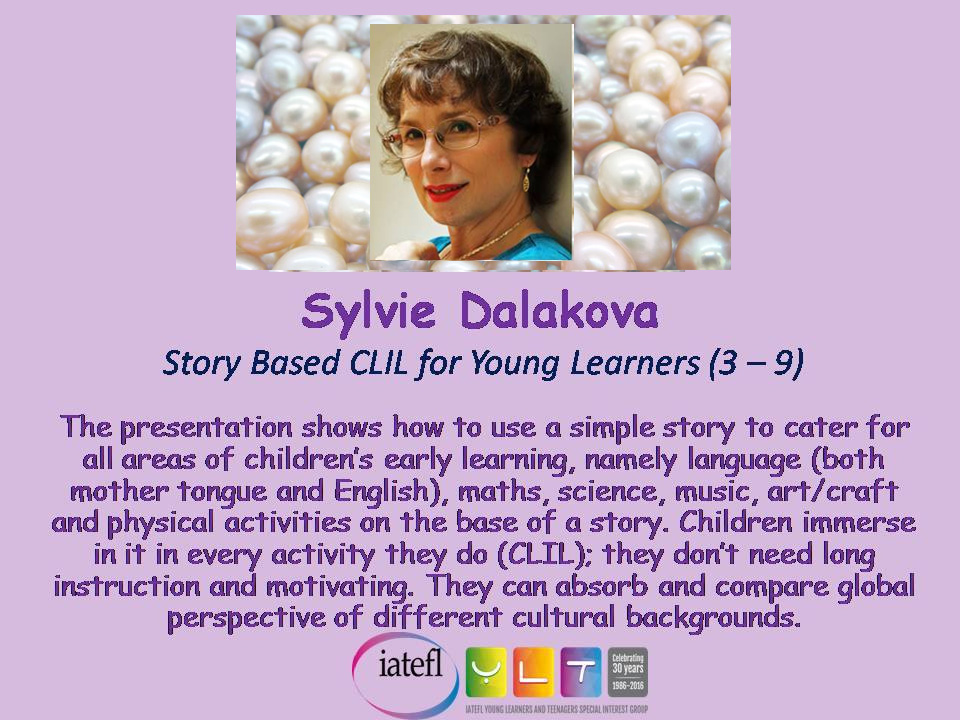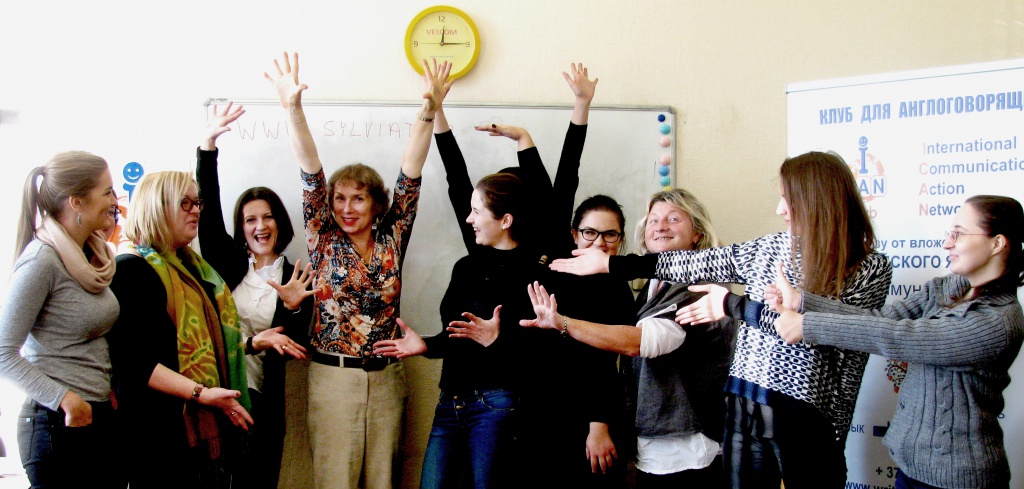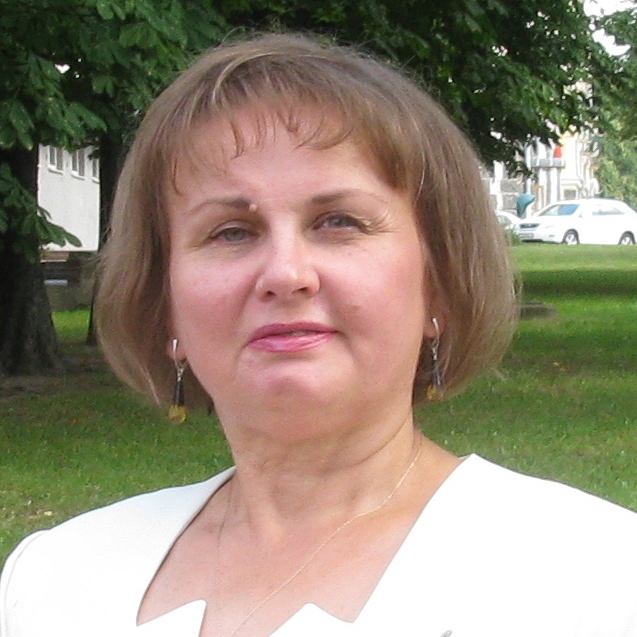
From Stress to Success in Teaching English
- By (Val) Valiantsina Holubeva
- Posted
Sylvie Doláková's workshop From Stress to Success in Teaching English offers a toolkit of original, witty, classroom tested TEFL effective techniques to develop both language and communication competences and also to remove stubborn pronunciation, grammar and usage mistakes. The workshop is interactive and engaging, with lots of exciting tasks and unexpected solutions.
Sylvie Doláková is an internationally recognised EFL teachers' trainer and the author of Pearson ELT Teacher Award for her materials, which can be purchased here.
The participants will be awarded certificates and a e-toolkit with materials form the author.
Sylvie has gained international recognition through presenting at numerous national and international TEFL conferences, and this year she also delivered a very successful iatefl webinar.

Sylvie Doláková has conducted workshops, seminars and trainings in most of European countries. Just recently she presented in Belgium, Serbia, Denmark and Germany. This is her second workshop in Minsk, which has been organised by numerous requests of teachers who missed her workshop in November 2016. Photos from the November event are here.
This time Sylvie Doláková' will address some new topical issues, such as classroom management, working in mixed ability groups, retrieving, processing, and storing information and others.
Tickets and Programme click here.
See the descriptions of the modules below.
Considerable discounts on buying more than one modules online. It can be a group ticket or several modules for one person. Payment is possible in a variety of ways, including cash.
Payment at entrance will be possible in cash only; no discounts apply.
Each participant of the first 10, who will purchase tickets online, will receive a gift from the organisers.
The workshop is organised by Institute of IT & Business Administration (Institute IBA) and Valentina Holubeva, Senior Professional Member of Gallery Teachers, with support of Gallery Teachers and BelNATE.
Participants will receive a 10% discount on the upcoming events from the same organisers.
Inquiries: + 375 29 2592164 / + 375 29 3362623 / +375 17 3182482
Join us on June 21-22, 2017 to make teaching English less stressful and more effective!

Module 1. June 21 (Wednesday) 14.00 - 17.15.
Pronunciation with (not only) young learners
Pronunciation does not seem topic No.1 in EFL, especially with young learners. They are thought to imitate the sounds of English pretty well. However, some practising is quite essential. Teachers don’t plan pronunciation activities often; they say "it’s a waste of time" and "I don’t think much about pronunciation exercises", which is a pity. As a result, young learners grow into adults with unintelligible speech and mispronounced words.
If you don’t know how to work on it, this workshop is right for you!
You will learn a lot of tricks to eliminate making incorrect sounds, to follow the intonation rules and to keep the pronunciation routine. Although this course was developped for young learners, the techniques can be successfully used with allcategories of students who need pronunciation impovement.
Module 2. June 21 (Wednesday) 17.45 - 21.00
Topic Books – tool to get, keep, store and retrieve knowledge
Topic (project) books enormously increase students' interest in working with foreign language and facts. It is a wonderful way of attracting your students for new forms of work with information, facts, knowledge and manual skills. Any topic can be covered in topic books, which suits many ideas of CLIL, science, history, storytelling, etc.
Some art techniques enable students to deal with vocabulary, structures, functions and grammar together with attributes such as co-operation, organization, multiple intelligences, presentation skills and many others. You will see a few examples of those project books.
Any level, any subject, but mostly English!
Module 3. June 22 (Thursday) 9.00 - 12.15
Classroom management and classroom language, transitions
Classroom managements is one of the key issues in teaching young leaners. Teaching a foreign language surely requires some aspects to be considered: how to manage a group of children accommodating the communication in a foreign language as naturally as possible; how to organise the space, time and activities so that the students get the most of the process. Classroom routines help them get used to the process enormously, can we, teachers, establish them in our groups?
Communication Skills
Some small communication games enable students to use communicative structures in a natural, lively context. Students solve various tasks in various situations that provoke a certain kind of oral involvement from them. They practise using messages without realising they are exchanging ideas in a foreign language. The sub-consciousness of this procedure is very beneficial in the learning environment as the students do not need to think about the language much. These techniques can be easily adjusted to meet the needs of allcategories of learners.
Module 4. June 22 (Thursday) 13.15 - 16.30
Teaching English in mixed classes
The course is designed to help teachers offer one activity in various ways. Basic skills – listening, active communication, pre-reading and reading skills and writing including the creative writing preparation can be offered to children of different ages and abilities. The teachers will try using the same topic with activities suitable for different levels, combined in a way to make sure the students can work in groups autonomously.







